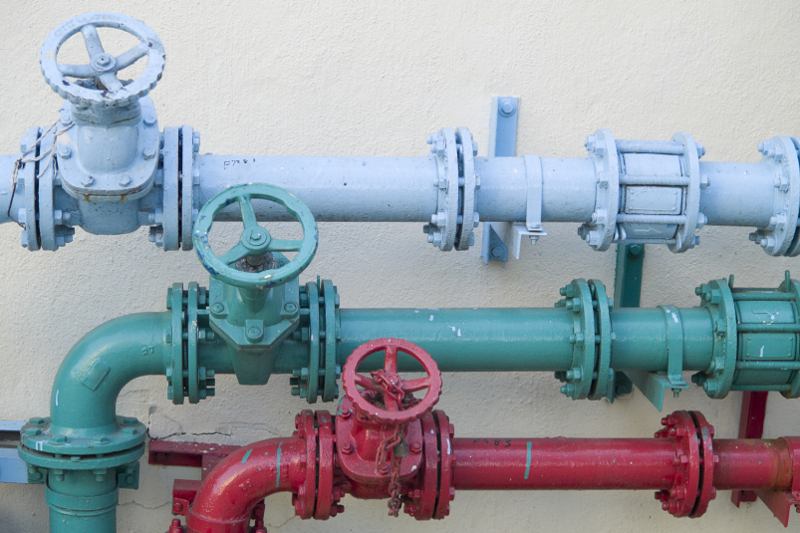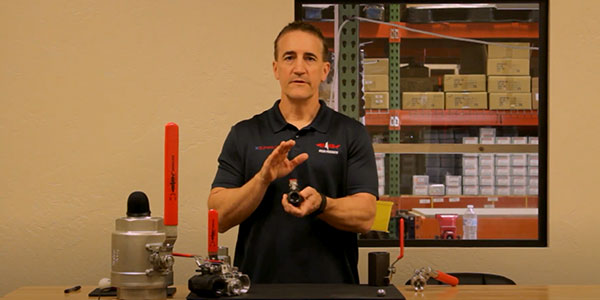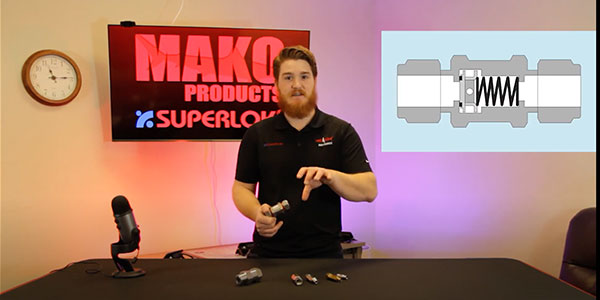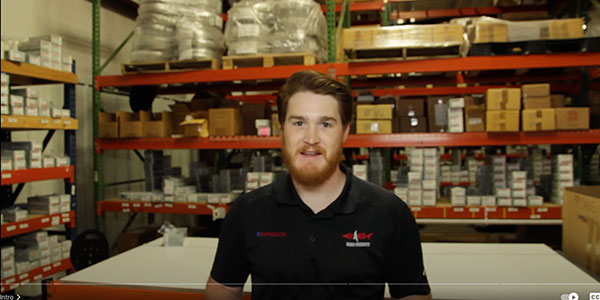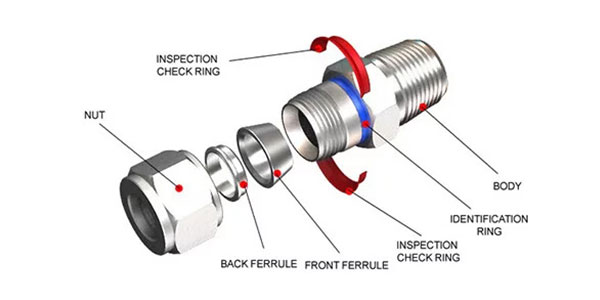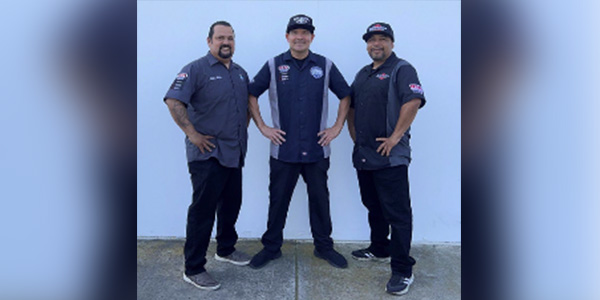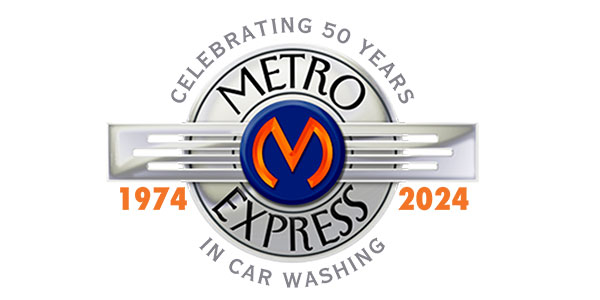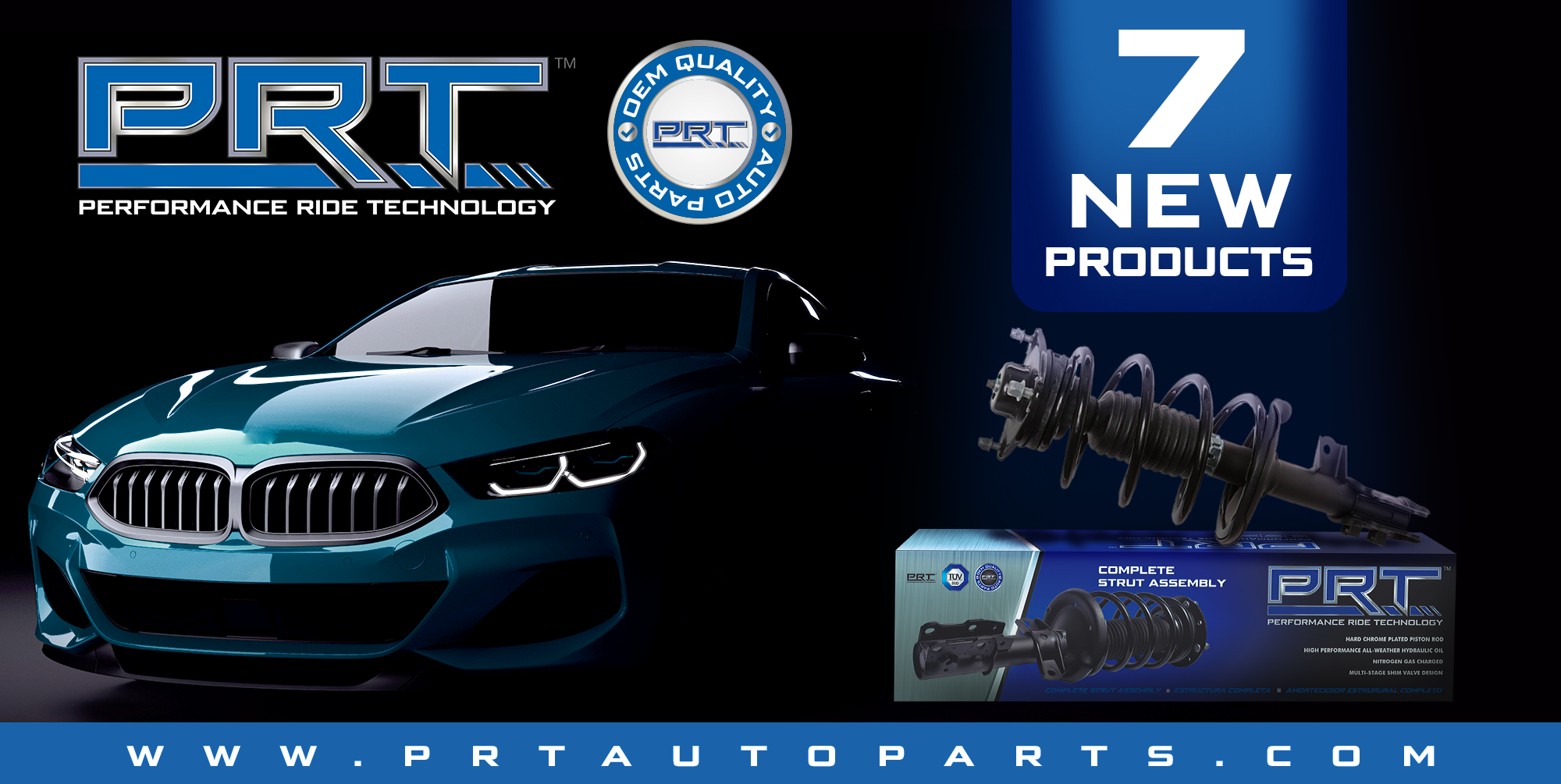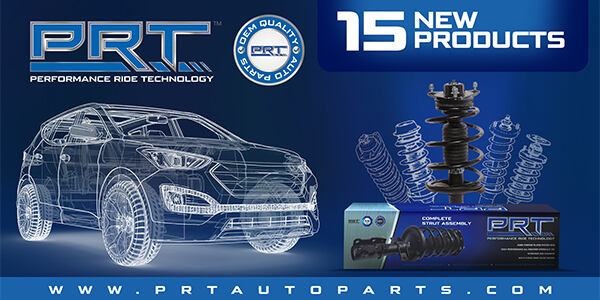It is not a stretch to say that water is a carwash’s most precious resource, and transporting it from the ground to a customer’s car and back again is no small feat. From retrofitting existing piping setups to maintenance and matching current local regulations, carwashes must be mindful of their water delivery systems.
According to Stan Royal, president of Con-Serv Manufacturing, a carwash owner’s main concern regarding wastewater disposal is, “Did I get the most out of this resource before throwing it away?” Especially in areas where water is scarce, the wastewater removal process must be analyzed for efficiency to ensure water is used wisely. Proper pipe maintenance helps guarantee your system does not experience a breakdown.
Watch yourself
Self-monitoring is one area that has not been stressed enough over the years, believes Royal. Water may seem like an unlimited resource, but this logic is faulty and has led to issues in many areas around the world.
“This [misperceived view] is threatening some washes around the country, especially those [that] operate on freshwater only and do not take measures to conserve [it],” Royal adds.
Maintenance and self-monitoring can be added to a regular plan to lessen waste and use water responsibly, saving money and gaining environmentally conscious customers.
Pipes should also be watched to prevent scale buildup, which can lead to high pressure and cause pipes to burst. According to Pam McDowell, sales manager with Scalewatcher, scaling can become a major issue if water flow is restricted. “Spray nozzles are also affected by scale buildup as well as heating elements, valves and pumps which all work together,” shares McDowell.
Water softeners or a salt-free water alternative such as physical water treatment systems can aid in the effort to combat scale accumulation. However, salt-free systems differ from traditional water softeners as they are said to help decrease scaling by using “media to form hardness crystals that remain suspended in the water,” notes an article published in the June issue of Water Technology, Professional Carwashing & Detailing’s sister publication. Traditional and alternative systems have their own positive and negative aspects, and carwash owners should research all options before deciding on the systems right for them.
Reclaim it
Many, if not most, carwashes use reclaim systems to put water rinsed off vehicles back into the wash cycle. This way water can be recycled instead of pulling in new water for each individual wash.
Most of the water reclaimed in a wash is usually reused in the high-pressure function of the process, notes Royal. Carwashes typically use reverse osmosis (RO) water for mixing chemicals and rinsing vehicles. Royal asserts these systems are efficient, and advancements in filter technology including RO membranes have improved the equipment over the years.
RO systems have also seen significant drops in price, so owners and operators will find them more economical to operate, explains Royal. The combination of self-monitoring and a water reclamation system can contribute to a more profitable business in savings and increased customer counts.
“A standard-style reclaim setup and the close monitoring of freshwater usage can be quite rewarding to the operator,” says Royal.
While recent advancements have led to a greater number of newer technologies to filter water for use in more wash functions, this equipment does require more steps and maintenance. The technology can certainly be useful to reduce water flowing down the drain, but owners and operators should consider their unique needs when deciding what type of system to put in place.
Local codes
In addition to deciding what piping equipment is right for a wash when it comes to price and efficiency, carwash operators must also be mindful of local municipalities’ rules and regulations.
Most governing bodies will have different requirements, Royal states. This includes what authorities consider hazardous wastes in the reclaim stream.
For instance, if a wash uses well water as its main water source, Royal encourages the business to thoroughly test the water to ensure the well is not producing the contaminants. This should be done and fixed, if necessary, before this water is used during the wash process.
Reclaim systems often contain storage tanks that hold onto damaging elements, continues Royal. Owners are responsible for disposing of this waste, and several ways exist to do so. He advises it is important for operators to voice their concerns so their systems are designed properly.
“The main thing to remember is that with a reclaim system in place, the operator is sending much less of the material to the sewer than a non-reclaim site,” says Royal, adding that the International Carwash Association (ICA) provides research in this area to its members.
With the right research, operators can install and maintain pipe systems that will keep the water and profits flowing for years to come.

